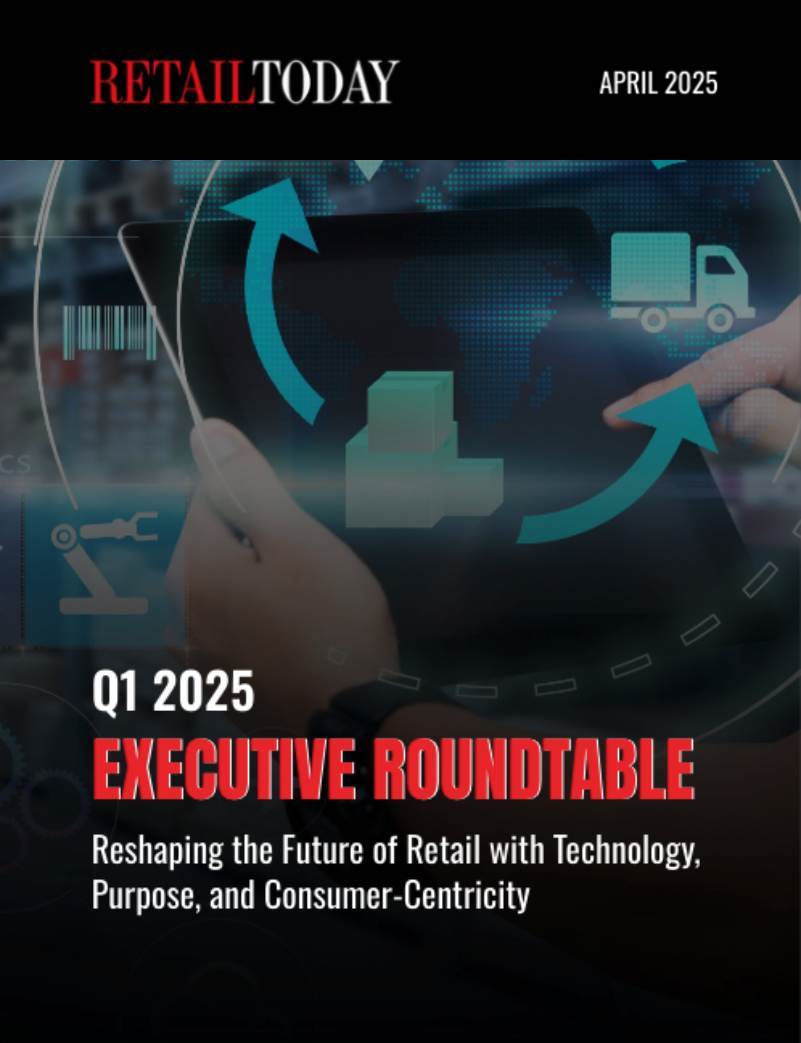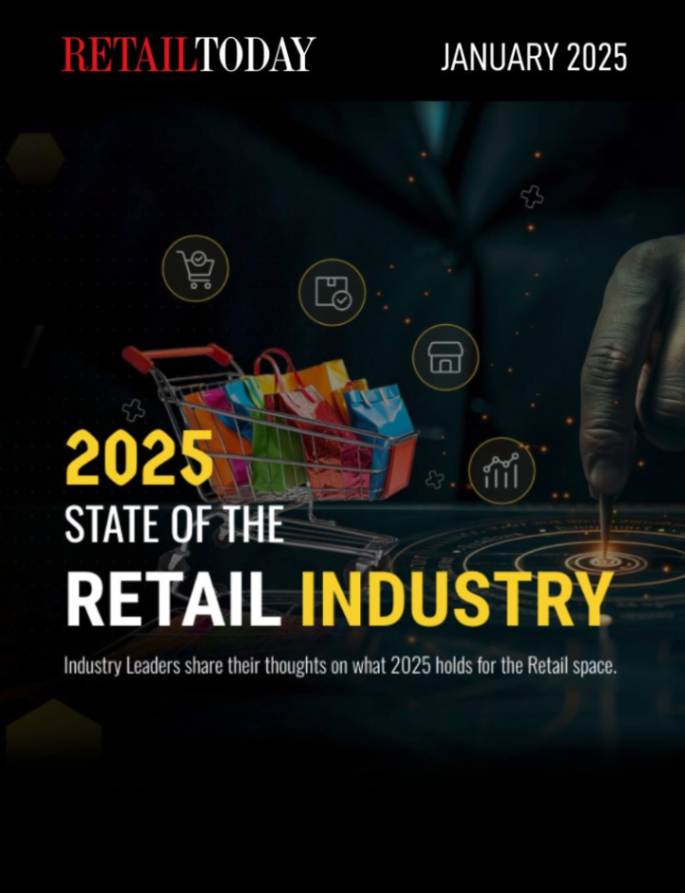
SAP Emarsys
When it comes to customer engagement, AI stands at the forefront, transforming how marketers personalize their retail experiences. Knowing the critical role of AI, our business has long championed its pivotal role for customers. Significantly, for over a decade, we have empowered 1,000s of marketers to stay ahead of the competition, driving business outcomes and true customer loyalty through AI-leveraged omnichannel personalization.
With Generative AI now center stage for many industries, I am proud to call SAP Emarsys a fully AI-first business. Significantly, our latest research confirms this major trend: nearly three-quarters of marketers (72%) are ramping up their year-over-year investment in AI to elevate customer engagement. This change indicates that AI is not an aspirational technology anymore but a reality, embedded (whether we know it or not) into our everyday lives.
The spike in interest for AI technologies such as GPT on Google Trends mirrors this momentum. With the rise of generative AI comes the demand for more nuanced regulation. The EU AI Act can be described as an AI-specific version of the GDPR. It marks a new era of regulation that champions innovation while ensuring robust data protection and ethical standards. This legislative framework offers companies the assurance of operating within a safeguarded environment, enabling them to integrate AI technologies into the marketplace fast, with the end-user’s best interests at heart.
Central to this discussion is the “Brussels Effect,” illustrating how EU regulations invariably set a global standard due to the difficulty for multinational organizations to sidestep compliance with EU laws. Given the EU’s influence, often led by Germany’s already stringent regulatory framework, the EU AI Act is poised to become a global benchmark. The implications of the Act extend far beyond the EU, and adherence to these regulations will become essential to global business operations.
This legislation doesn’t just set rules; it inspires a shift in how retailers and tech vendors in the EU approach product development, strategy, and operations. Until now, many businesses have been hesitant to move forward and experiment with AI, from fear of exposing their intellectual property. The Act is a huge step forward for brands everywhere as it speaks to the potential of responsible AI application to spur innovation. A win-win for all parties involved.
SAP’s AI Ethics Handbook and SAP Emarsys’ development of AI ethics protocols exemplify our dedication to transparency, fairness, and respect for privacy. These efforts not only align with the EU AI Act, but also set out to build trust in AI-driven solutions, emphasizing the importance of ethical practice in technology application.
The Concerns Addressed by the EU AI Act
Marketers have expressed critical concerns regarding transparency and the use of their business data in AI applications. Among the concerns, are the use of personal data to train AI; OpenAI’s business model, which harvests data for free-to-sell services; and the potential for competitors to access sensitive information.
These concerns were recently experienced first-hand when SAP Emarsys held focus groups with some well-known global customers on their attitudes to AI. One enterprise retailer declined the opportunity to take part based on the fear of exposing their data to their competition, no doubt echoing the nervousness of others.
The new regulation not only mandates consent before using business data for AI training, but also ensures the responsible handling and the confidentiality of such data, preventing unauthorized sharing with third parties like OpenAI. This emphasis on consent aligns perfectly with the long-standing ethos of SAP Emarsys, which has had “consent” in its DNA as foundational functionality for over two decades. It also safeguards competitive advantages by ensuring that insights derived from one business do not inadvertently benefit competitors.
This emphasis on consent aligns perfectly with the long-standing ethos of SAP Emarsys, which has had “consent” in its DNA as foundational functionality for over two decades.
Furthermore, the regulation grants businesses full control over their data, including the right to demand its removal from AI algorithms. I cannot overstate the importance of ensuring AI models trained on client data do not leak sensitive information, and maintaining transparent agreements on data use for AI training is essential.
To stand out as a reputable brand and as a leader in the responsible use of AI, I believe that, like SAP Emarsys, all retailers and technology partners should embrace the EU AI Act. Not because they must, but because they want to provide high-value customer engagement that does not come at the cost of consumer privacy.
Businesses like SAP that have their own AI ethics policies in place have a competitive edge and will remain at the forefront of the ethical AI revolution. Aligning those policies with existing regulations will make ethically focused businesses run faster and more smoothly.
For those developing the next-generation of AI-powered platforms, it’s vital to weave in ethical considerations from the earliest development stage. That is how we create a strong foundation that builds trust with customers while getting to know them in a way that is consent-based and transparent.
How the EU AI Act Supports Marketer Productivity and Innovation
While some technology leaders may see this Act as holding back innovation, I believe it paves the way for a more secure, reliable, and ethical AI landscape for brands. AI has given SAP Emarsys the opportunity to reimagine the power we give to marketers with the same relevant, reliable, responsible approach. Setting regulatory standards not only ensures user data is protected but also encourages innovation, as new AI-powered products — like our recently launched AI content generation innovation — free up time from manual tasks, empowering marketers to focus on activities that drive business value.
When our customers are secure in how they can and can’t use AI, with our support, they’ll become more and more confident in doing so. As AI becomes infused in everything we do, brands will be able to leverage AI capabilities in a more adaptable way, to innovate, to fuel new channels and technologies as they emerge without fear of misuse. Similarly, a shared frame of reference for regulation and security makes AI more connected, as the standards for protecting it are already built in.
AI can deliver the insights that marketers need to stay one step ahead by supercharging the way they carry out omnichannel personalization — within regulation, while genuinely reflecting the unique needs and increasing high standards demanded by the end consumer.
Outside of AI, marketing has always been a pioneer in leveraging new technology, simply because of the low impact in comparison with other use cases. Think of generated text or an image in a marketing email vs.a generated healthcare report or treatment or finance application. In other words, the risk with introducing generative AI to marketing is significantly lower than in any other field, and now the roadblocks have been removed due to the Act.
I couldn’t be more excited for what lies ahead for SAP Emarsys, our customers, and their customers.
Ultimately, the EU AI Act represents an opportunity to lead the way in adopting powerful — and responsible — AI technologies. As I look towards a future where AI is at the heart of everything we do, this type of regulation will be ever more essential.
It’s not just about compliance. It’s about committing to a future where technology serves customers with real value, while providing integrity and transparency. That’s a future we all want to embrace.
In his 18 years in the Software Industry, Stefan Wenzel worked as Product Strategiest, Product Manager, and Product Leader across various lines of business and application domains at SAP. Since 2015, his focus has been on advertising and marketing technology. Before joining Emarsys in 2021, he had the role of Head of Product for SAP Marketing Cloud. He has a PhD in Business Information Systems. Stefan lives with his family in Heidelberg, Germany.






